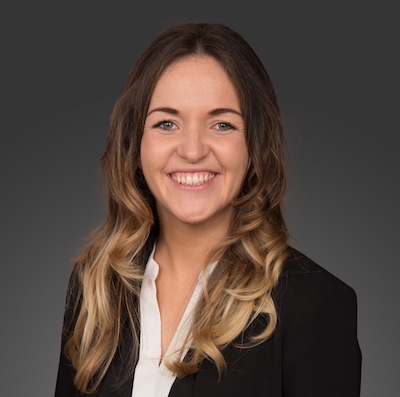How do millennials consume content at a conference?

When you’re trying to decide if you should attend a specific conference or event (or asking your boss if you can attend), often you look at things like the venue, the speaker line up or the session titles. But the thing I think is most important, is the session format. A conference programme particularly appeals to me if I see the words “workshop”, “interactive” “collaborative session” or if I see an innovative/creative session design with lots of time allocated for Q&A.
Why? Well because I want to be a part of the session’s content.
 Sometimes there shouldn’t be any PowerPoint presentations - if every speaker is confined to his or her PPT then that decides the outcome of the conference before it even begins! And no, the answer isn’t to have lots of panel sessions in-between speakers either. Panels give another opportunity to the speakers to give their opinion further but what about my opinion and the opinion of the 400 delegates in the room?
Sometimes there shouldn’t be any PowerPoint presentations - if every speaker is confined to his or her PPT then that decides the outcome of the conference before it even begins! And no, the answer isn’t to have lots of panel sessions in-between speakers either. Panels give another opportunity to the speakers to give their opinion further but what about my opinion and the opinion of the 400 delegates in the room?
During a Q&A a maximum of 3-4 questions from a full room will be addressed at the end of a presentation (if you are lucky). Then you’re asked to fill out a survey to provide feedback on the content after it has been delivered at the end of the conference. Often this survey, taken when the conference is actually OVER, is your only opportunity to contribute, be involved or be creative.
But what if we changed that? What if we started involving the WHOLE audience during a session and getting their feedback in a LIVE environment?
Although the word “Crowdsourced” was not officially coined until 2006, crowdsourcing an answer or idea is not a new concept. In 1884, 800 volunteers worked together to create the first Oxford English Dictionary.
So why not bring the minds of 400 delegates attending a conference together to design a presentation and set of takeaways we can all benefit from?
Speakers are invited to a conference to share their knowledge and expertise. But my generation wants to hear from another type of expert too. We tend to trust knowledge, expertise and content that has been created or recommended by our peers. When deciding what restaurant to eat at or destination to visit, we turn to TripAdvisor, Instagram posts by our friends, blog posts and other user-generated content (UGC). Therefore having collaborative sessions where we can learn from one another is massively appealing to our generation.
An example of a collaborative and innovative session format is a session that took place during the SITE Global Conference in Bangkok. 375 incentive travel professionals attending the conference gathered together to create a series of statements to define the nature, purpose and direction of incentive travel.
In 2 x 2 hour highly immersive and interactive sessions moderated by former CEO of ICCA, Martin Sirk, a representative cross-section of delegates brainstormed to bring viewpoints from all segments of the industry (geographically and demographically) together. This was a pen and paper, flip chart and multi-coloured dots session - not all millennials need technology to be engaged! From these sessions, 15 statements were crafted.
On the last day of the conference, January 13th, we created The Bangkok Manifesto through the use of the audience engagement platform, Sli.do, 375 delegates voted LIVE in a series of 3 polls to collectively agree upon the final 10 statements to be included in the Manifesto during a 20minute fast-paced and interactive session.
We all walked out of the room holding a piece of paper with the final 10 statements feeling like we had been a part of something important - we had created a part of the conference’s content.
My generation, the so-called Millennials are often referred to as being selfish, entitled and lazy. But that’s simply NOT true. We just want to be listened to. We want to participate, collaborate and move at a fast pace.
Aoife McCrum, Council Member of Meetings & Millennials, a networking initiative for millennials in the Meetings and Events Industry. Aoife McCrum is the Social Media and Digital Marketing Manager at SoolNua - a specialist marketing agency working in the meetings, incentives, conferences and events industry. She is also the Director of Social Media and Digital Marketing at the Society for Incentive Travel Excellence (SITE).
Other Articles
About Us
Supported by the Union of International Associations (UIA), the International Association of Professional Congress Organisers (IAPCO) and the Interel Group, the global public affairs and association management consultancy, Headquarters Magazines serve the needs of international associations organising worldwide congresses.















